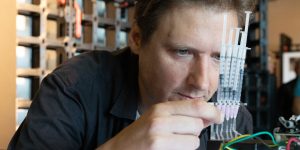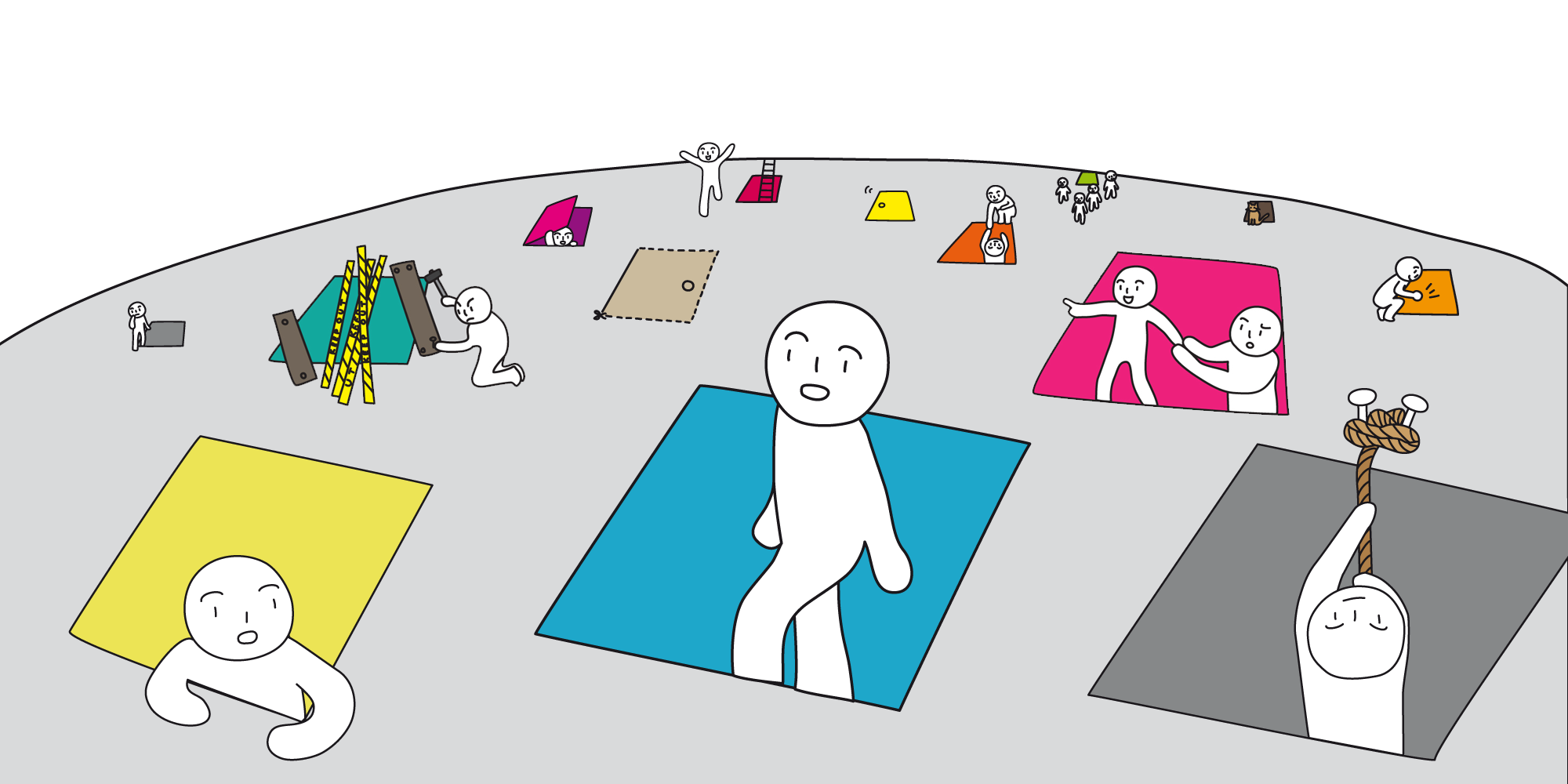moral

BLP-2000D
BCL – Georg Tremmel (AT), Shiho Fukuhara (JP)
DNA Synthesisers or ‘DNA Printers’ are devices that chemically synthesise or ‘print’ DNA sequences. Currently, the synthesis of long DNA sequences is still an expensive process, therefore DNA Synthesisers are centralised and offered as a service to universities and research institutions. When a specific DNA sequence is ordered, the DNA information is sent to the company, the DNA is synthesised and returned in its physical form, ready to be used for biological experiments. This centralisation also has an intended side-effect: the companies act as censors, controlling which DNA is to be synthesised—and which not. An unofficial ‘Black List’ of potentially harmful and forbidden DNA Sequences has been created and is shared amongst the companies—officially for bio-security reasons. Because of the expensive chemicals involved in the process, it was not really feasible to create a DIY DNA Synthesiser—until now. DIY microfluidics make the process possible and more affordable. But it is still error-prone and creates mutations in the physical DNA sequences. BLP-2000 creates prototype DNA Synthesisers that only print the 'forbidden,' black-listed DNA Sequences. The process of printing black-listed DNA Sequences also creates a moral and societal dilemma.

Panel I: Homo Deus
Renata Schmidtkunz (DE), Josef Penninger (AT), Sophie Wennerscheid (DE)
Renata Schmidtkunz hosts four panel discussions in the summer refectory, prominently featuring Josef Penninger, Sophie Wennerscheid, Oliviero Toscani, Amanda Cox, Markus Poschner, and others. The topic is dedicated to the role of science and research, which initially had to confirm a religious view of the world, then was subordinated to economic rationality, and now, in the dawning age of AI, is reorienting again. Social acceptance in relation to current AI research will be discussed. Another focal point of the panels will be the new artistic possibilities opening up due to AI applications, which also lead to a variety of novel business models or issues with copyright regulations.


